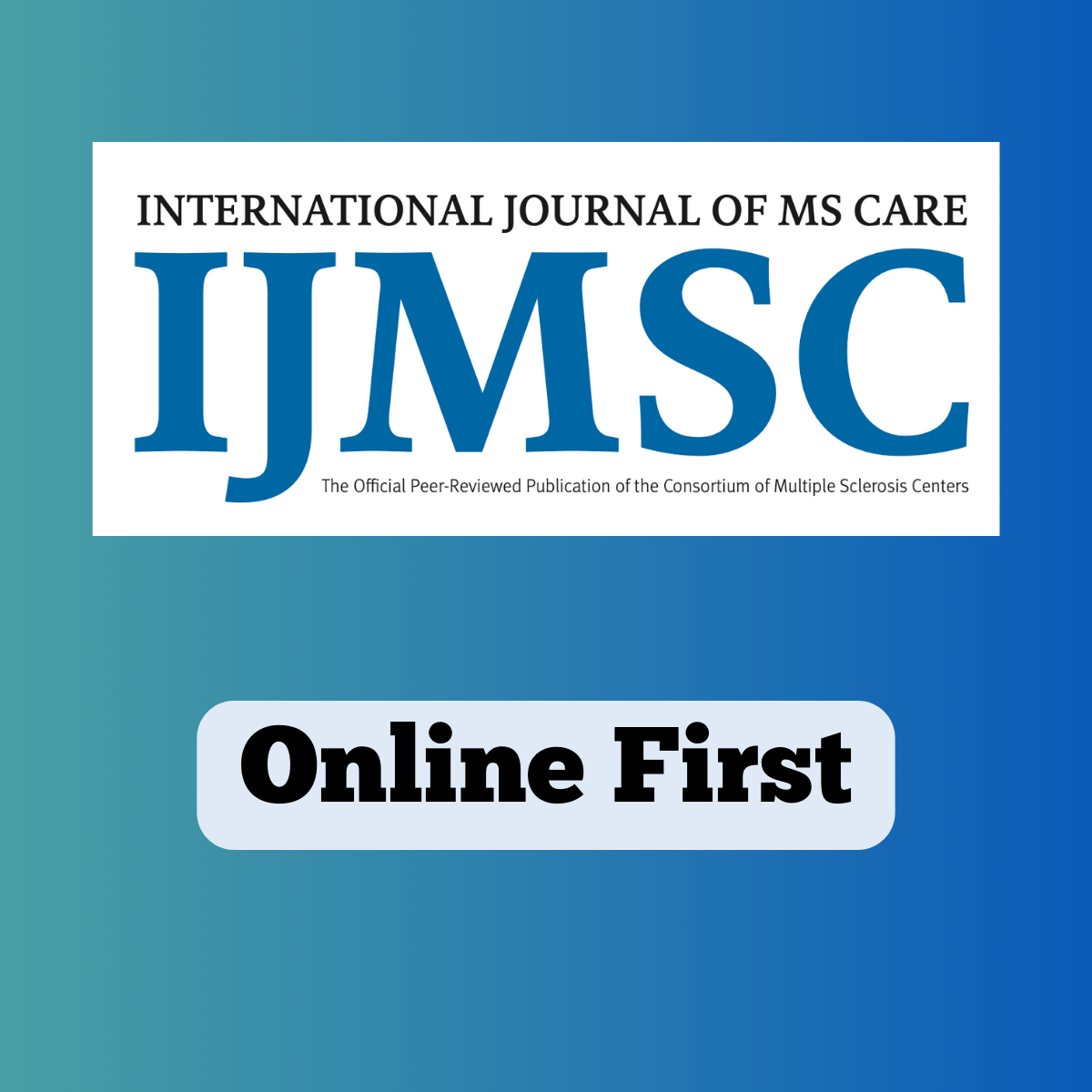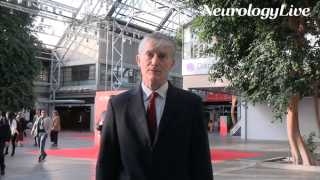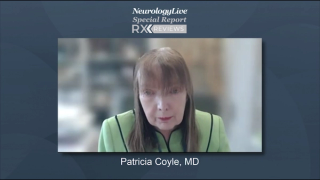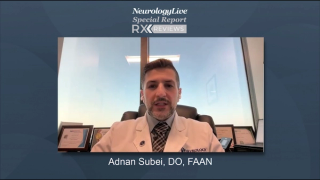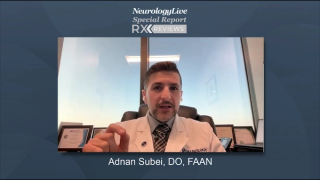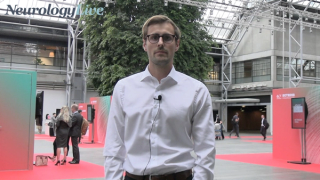
Multiple Sclerosis
Latest News
Latest Videos
CME Content
More News
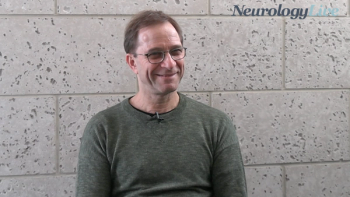
The Melissa and Paul Anderson President’s Distinguished Professor of Neurology, Perelman School of Medicine, University of Pennsylvania, discussed the promising avenue of BTK inhibitors for addressing progressive multiple sclerosis. [WATCH TIME: 5 minutes]

A recent analysis of a phase 2 trial showed that repeated intrathecal injections of MSC therapy led to significant reductions in serum biomarkers and improvements in neurological function for progressive MS.
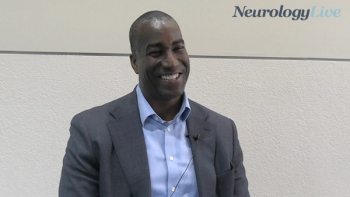
The medial director of Novartis talked about findings from a real-world study assessing ofatumumab treatment for multiple sclerosis presented at the 2024 ACTRIMS Forum. [WATCH TIME: 3 minutes]

GA Depot, composed of extended-release microspheres administered intramuscularly, typically every 28 days, was expected to result in fewer injection site reactions than other glatiramer acetate products.
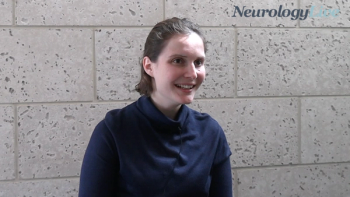
The postdoctoral researcher in the department of neurology at Johns Hopkins School of Medicine discussed findings from a study on the impact of indole 3-lactate supplementation in animal models of multiple sclerosis. [WATCH TIME: 4 minutes]

New data from the phase 3b ENHANCE trial presented at ACTRIMS Forum 2024 demonstrated the smooth transition from intravenous anti-CD20 therapy to ublituximab in patients with multiple sclerosis.
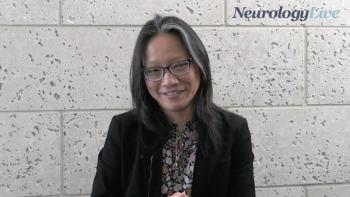
The director of the Multiple Sclerosis Program at the Cleveland Clinic’s Lou Ruvo Center for Brain Health talked about findings on a study comparing cognitive profiles in older patients with multiple sclerosis vs Alzheimer disease. [WATCH TIME: 5 minutes]

A machine learning model applied to real-world data in a multiple sclerosis study increased patient inclusion for future real-world studies on assessing patient outcomes and disability progression.
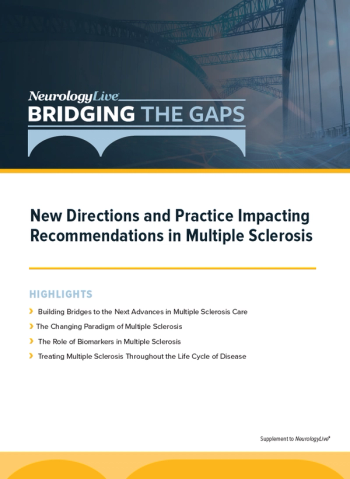

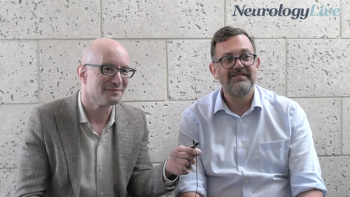
The associate professor of neurology at Icahn School of Medicine at Mount Sinai and associate professor of neurology at University of Colorado School of Medicine talked about the potential of redefining relapses in the landscape of clinical trials for multiple sclerosis. [WATCH TIME: 3 minutes]

Mark Freedman, MD, MSc, Tanuja Chitnis, MD, and Ahmed Obeidat, MD, PhD, answer questions about biomarkers in MS care.

Mark Freedman, MD, MSc, Tanuja Chitnis, MD, and Ahmed Obeidat, MD, PhD, discuss future directions in MS amid increasing advances in the field.

Mark Freedman, MD, MSc, Tanuja Chitnis, MD, and Ahmed Obeidat, MD, PhD, discuss the limitations of neurofilament light chain in identifying disease progression.
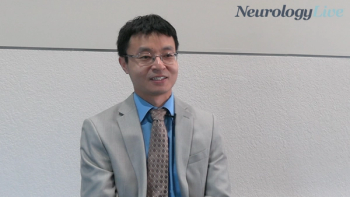
The assistant professor of neurology at The Ohio State University Wexner Medical Center talked about results from an ongoing study assessing biological aging in patients with multiple sclerosis using epigenetic clocks and p16INK4a. [WATCH TIME: 6 minutes]
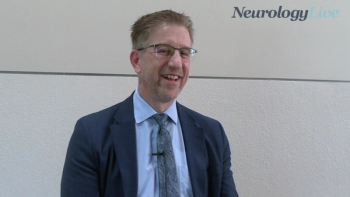
The staff neurologist at the Mellen Center for Multiple Sclerosis at Cleveland Clinic talked about findings from an interim analysis of the phase 2 CALLIPER trial assessing vidofludimus calcium in progressive multiple sclerosis. [WATCH TIME: 4 minutes]

A recent study presented at the 2024 ACTRIMS Forum suggests that increased aerobic glycolysis in normal appearing white matter may be an early feature of multiple sclerosis.

New data from the TRAP-MS trial showed clemastine fumarate's association with increased disability accumulation in cases of non-lesional multiple sclerosis.

A recent study presented the 2024 ACTRIMS Forum showed that a subset of CD8+ T cells preferentially expanded in the cerebrospinal fluid of patients with multiple sclerosis.

A recent study presented at the 2024 ACTRIMS Forum revealed the association between paramagnetic rim lesions and subsequent cognitive decline in patients with multiple sclerosis.

New findings from a study presented at the 2024 ACTRIMS Forum revealed an increase in epigenetic age acceleration among a subgroup of patients with multiple sclerosis.

Using a 4-point score change on Symbol Digits Modalities Test, more than 80% of patients had either sustained improvement or no sustained change after 2 years of treatment with cladribine.

The director of Cleveland Clinic’s Mellen Center for Multiple Sclerosis Treatment and Research talked about recent findings on long-term impact of ozanimod in patients with relapsing-remitting multiple sclerosis presented at ACTRIMS Forum 2024. [WATCH TIME: 4 minutes]

A new study showed that NLRX1, a mitochondrial innate immune sensor, may serve as a promising therapeutic target to prevent inflammatory neurodegeneration in multiple sclerosis.

A recent study presented at 2024 ACTRIMS Forum showed that body mass index may influence disease progression in patients with multiple sclerosis.

